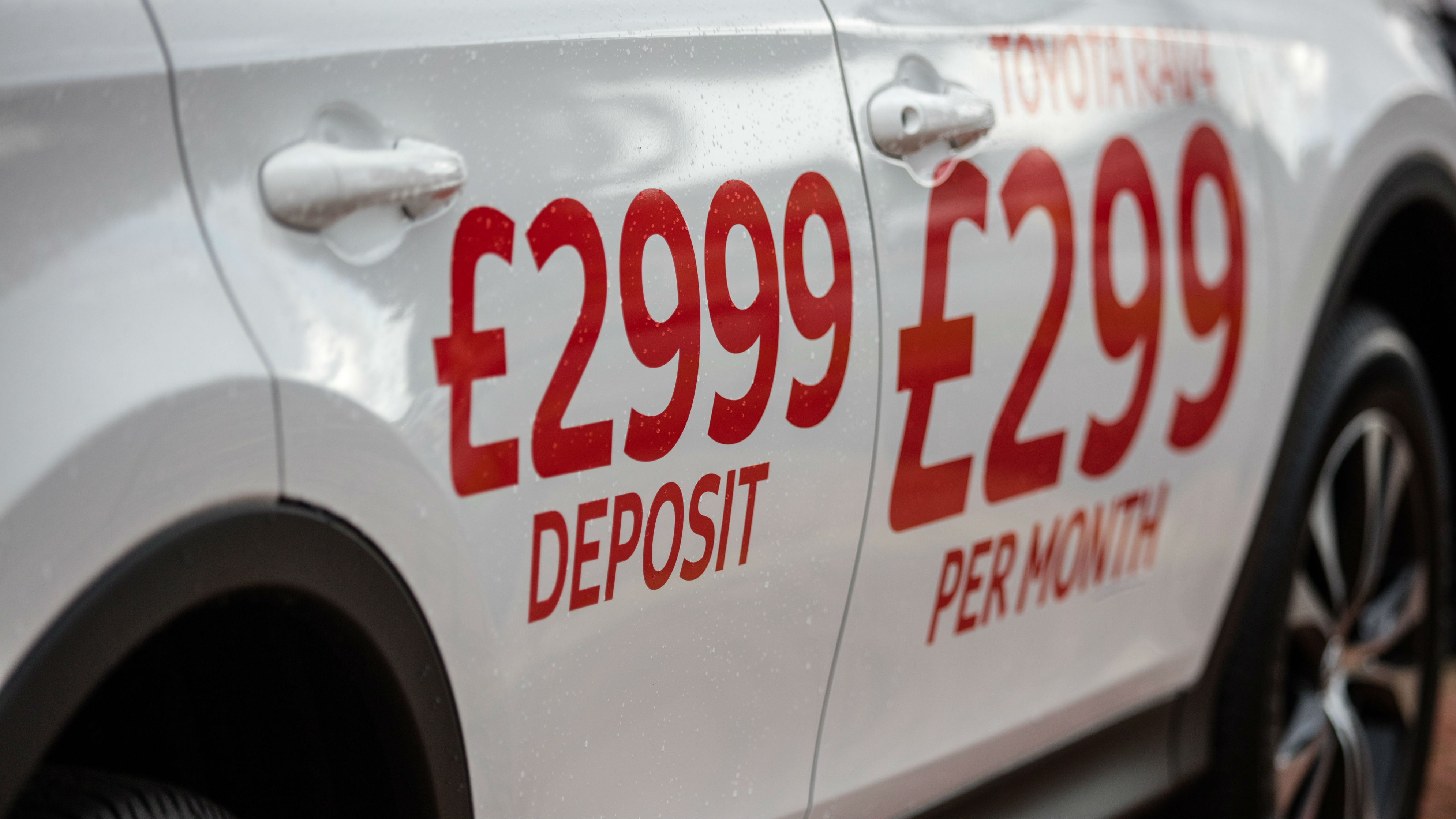PCP car deals: how they work, plus the pros and cons
A guide to Britain’s favourite method of financing a new car

A free daily email with the biggest news stories of the day – and the best features from TheWeek.com
You are now subscribed
Your newsletter sign-up was successful
Drivers have a range of options to choose from when it comes to buying a new car without paying for it in one lump sum.
The most popular option available is a Personal Contract Purchase (PCP) deal, a type of vehicle finance that allows buyers to pay for a new vehicle on a monthly basis over two to four years.
The flexibility offered by these finance schemes has led to their popularity, with 78% of all finance buyers opting for a PCP agreement, according to Auto Express.
The Week
Escape your echo chamber. Get the facts behind the news, plus analysis from multiple perspectives.

Sign up for The Week's Free Newsletters
From our morning news briefing to a weekly Good News Newsletter, get the best of The Week delivered directly to your inbox.
From our morning news briefing to a weekly Good News Newsletter, get the best of The Week delivered directly to your inbox.
Here’s everything you need to know about how PCP deals work, plus the pros and cons:
What is a PCP deal?
A PCP finance deal is “basically a loan to help you get a car”, says MoneySavingExpert. Unlike conventional loans, where customers pay off the entire value of a car, buyers hand back the vehicle at the end of the finance period.
It’s a “complex” scheme that can be broken down into three different sections, the financial advice site says.
A free daily email with the biggest news stories of the day – and the best features from TheWeek.com
The first step is the deposit on the vehicle, which is often around 10% of the value of the car. Some carmakers offer contributions to this deposit, usually between £500 and £2,000. This amount is then added to the deposit you place on the car, which helps brings down the monthly payments.
Buyers next select the amount of money they want to borrow. This depends on the contract period, usually between 24 and 48 months, and the deposit amount. Dealers then add interest on top of the monthly payments. Rates vary by dealer, so it’s best to check the small print before signing up to any PCP deal.
Customers only “pay for the depreciation”, which is the difference between the car’s initial cost and its value at the end of the contract, says Parkers.
Once the PCP period comes to an end, buyers are given the chance to buy the remaining share of the car with a final instalment, known as a “balloon payment”, the reviews site says. The remaining value of the car can also be put towards the downpayment of a new PCP deal.
Buyers can, however, simply hand back the keys to the dealer at the end of the contract without paying a final fee or taking out another PCP deal.
What are the pros?
What makes PCP deals so popular is that they let customers buy cars that “might otherwise have been out of your budget”, says WhatCar?. This is because, in most cases, buyers pay lower upfront costs than with a traditional finance scheme.
PCP deals also appeal to those who like to change their car every three or four years, as customers can simply use the vehicle’s remaining value – known as Guaranteed Minimum Future Value (GMFV) – as the deposit for a new model when their contract comes to an end, says CarBuyer.
Finally, the majority of car warranties last for around three years, the reviews site says. This means that customers who switch PCP deals to a new car once their contract expires “never stop being covered by the cast-iron protection offered by a manufacturer warranty”.
What about the cons?
Although you’re the registered keeper of the car during a PCP deal, you never actually own the car unless you go ahead with the balloon payment at the end of the contract, says MoneySavingExpert.
This means that buyers don’t have an asset to sell once their PCP deal expires. This is a benefit with cars that depreciate quickly, but it can mean you spend more on a vehicle that retains its value.
PCP deals come with mileage limits and drivers can incur penalties of 7p to 10p per mile for exceeding the allowance, the website says. Drivers may also have to fork out for any marks on the car’s paint, or scuffed wheels.
Finally, there’s the issue of dealer-specific interest rates, which was raised by the Financial Conduct Authority (FCA) in March. The watchdog discovered that PCP customers were being overcharged by more than £1,000 due to car dealers inflating interest rates to boost commission.
It meant that some buyers were paying more interest than if they were to take out a bank loan, as lenders were allowing brokers to set their own interest rates on PCP agreements, the BBC says. Customers should, therefore, check with their dealer about monthly interest rates before signing on the dotted line.